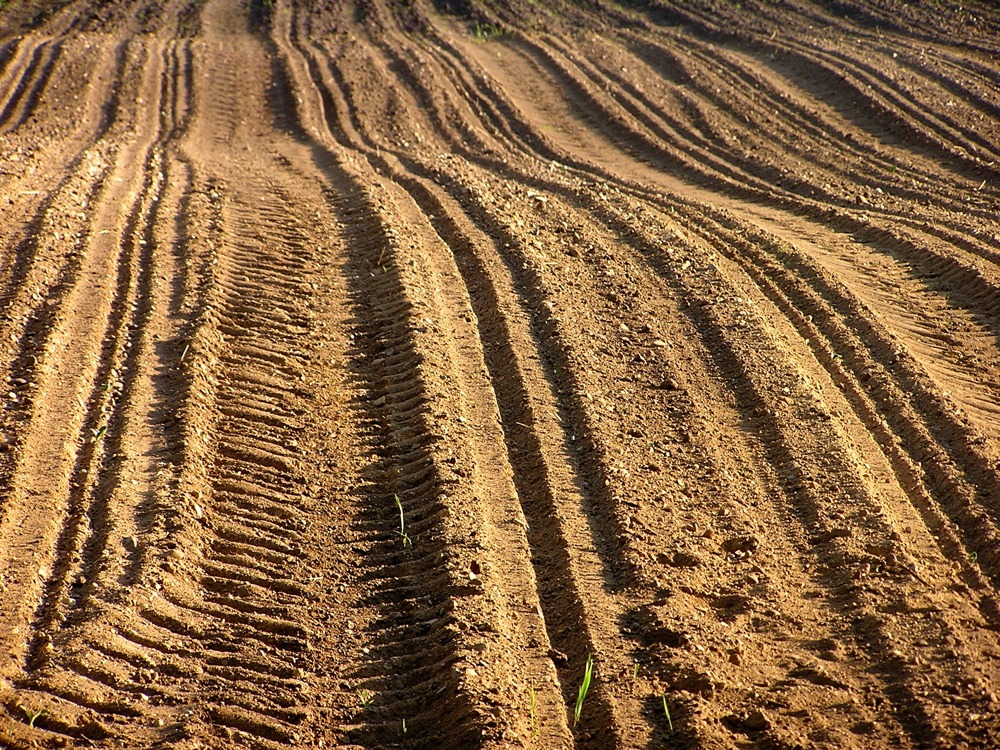by Lois Tverberg
In the desert prepare the way for the LORD; make straight in the wilderness a highway for our God. Every valley shall be raised up, every mountain and hill made low; the rough ground shall become level, the rugged places a plain. (Isaiah 40:3)
The scriptures say that John was the voice crying out, “In the wilderness, prepare the way for the LORD.” What does that mean?
One ancient idea behind this line is that before a great king could visit a region, a messenger would be sent ahead to announce that the way must be prepared. After the winter rains, roads may be potholed or obstructed by debris. Before a royal caravan traveled on them, they needed to be repaired. The people of the region would also prepare themselves and their villages for their royal visitors too.
When I visited Uganda years ago, they preserved a cultural memory of “preparing the way.” As we approached the church group that was expecting us, they went out and lined the road, waving branches and singing as we arrived.
John the Baptist
You might wonder how this prophecy was fulfilled by John the Baptist. Jesus said that John was the “Elijah” who was to come. He was speaking of the prophecy in Malachi 4:5-6 that says,
See, I will send you the prophet Elijah before that great and dreadful day of the LORD comes. He will turn the hearts of the fathers to their children, and the hearts of the children to their fathers; or else I will come and strike the land with a curse.
John was calling the people to purify themselves by repentance. The Jews already had the ceremony of ritual bathing that purified ceremonial uncleanness. But John had a different idea — that a person can become unclean from sin, not just ritual impurity. He was calling Jews to not lean on the fact that they were “sons of Abraham,” but to repent of their sins, personally commit themselves to the covenant, and enthrone God over their lives, and to enter God’s “Kingdom.”
Because of John’s work, when Jesus arrived, people were prepared for his ministry of the “kingdom of God,” in which he also called them to enter under God’s reign. Jesus explained that it also was his own kingdom, because he was the royal King, the Messiah that God sent.
 Jesus talked about seed falling on good soils or bad soils, on rocks or thorns, as a picture of the hearts of people and how they receive God’s word. John had been preparing the way by plowing the “rough ground” and making “rugged places a plain,” making people ready to repent, turn their lives around, and accept the atonement of Jesus for their sins.
Jesus talked about seed falling on good soils or bad soils, on rocks or thorns, as a picture of the hearts of people and how they receive God’s word. John had been preparing the way by plowing the “rough ground” and making “rugged places a plain,” making people ready to repent, turn their lives around, and accept the atonement of Jesus for their sins.
Photo: Muffet


